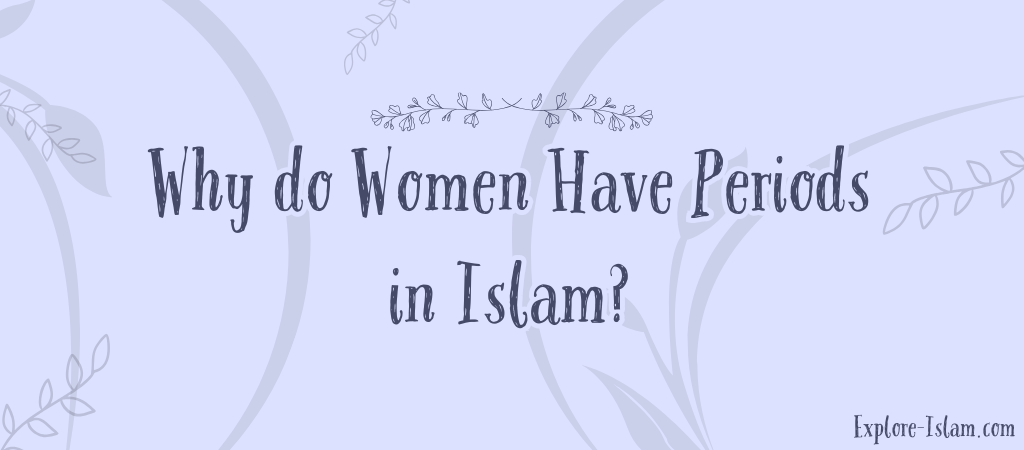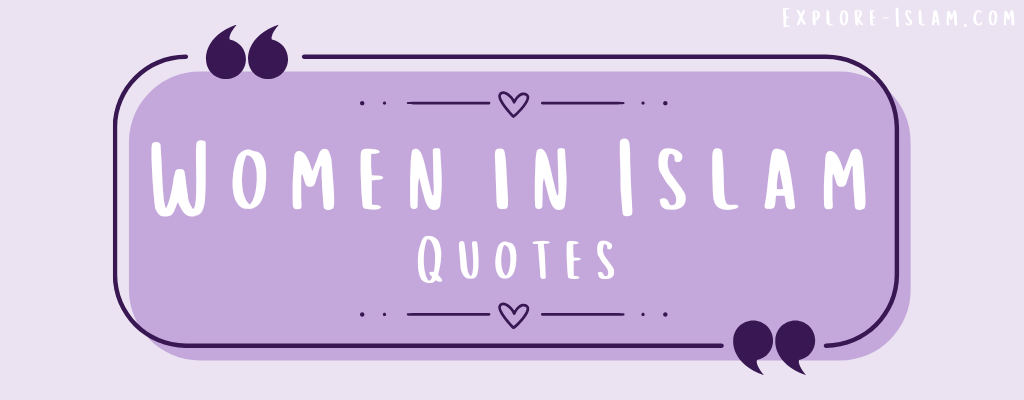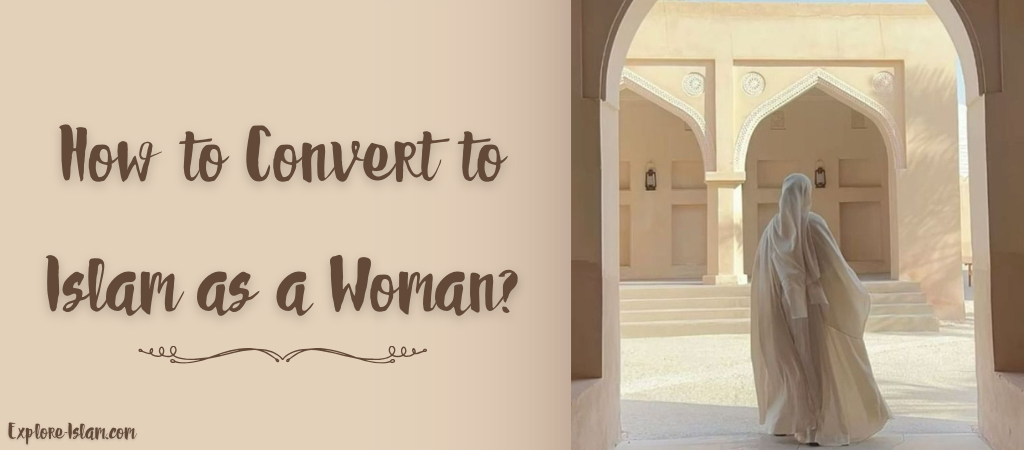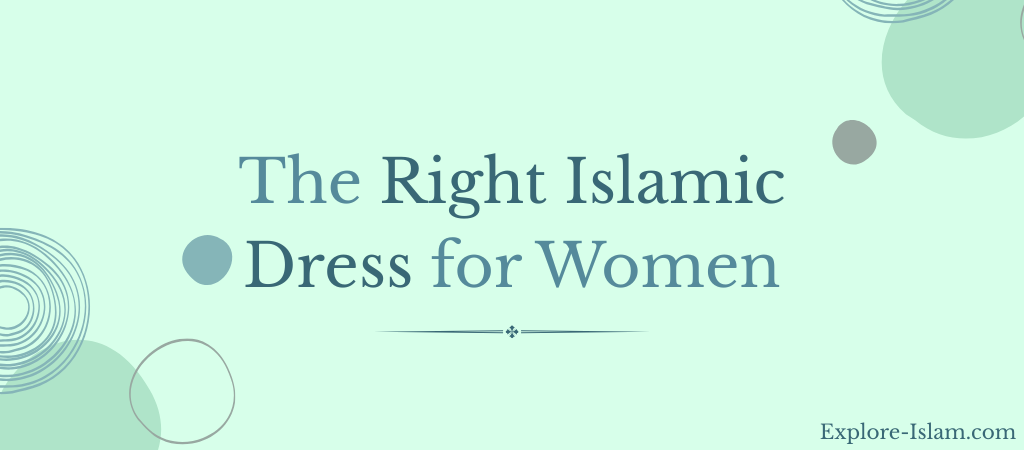A widows is a woman who is destined to lose her husband who supports and provides for her. She suffers really hard and this suffering is not only financial but, it is also emotional and psychological. She loses her lover, the father of her children, and becomes responsible for her family on her own where she should play the role of both parents at a time.
Here we will learn the following:
In this article, we will highlight the rules for widows in Islam and how Islam keeps widow’s rights.
Introduction | The Status of Widows In Islam
A widow in Islam is not considered a woman who lost her opportunity in life or is just devoted to earning a good living for herself and her children. However, a widow has a great status in Islam and the right of living normally within the Islamic community.
Our worldly life is not eternal, and everyone could lose anyone of her family at any time. Thus, in Islam, women who lost their husbands, their providers, were given special attention in shariah in terms of financial, emotional, psychological, and social support.
A widow in Islam has the right to get re-married, with no embarrassment or fear of social insult. In fact, in Islamic history, there were many great Muslim women who got re-married after their husbands’ death. Moreover, the majority of Prophet Muhammad’s wives were married before.
Besides, Islam guarantees a widow’s right to get her complete share of her husband’s inheritance, good financial status, and a permanent home for her own living.
Read:
Reward Of Widows In Islam
A patient muslim widow will have the reward of patience for the loss of her beloved companion, her husband. God had given good tidings for patient muslims in the Quran:
“Thus gives glad tidings to the patient ones, those who, when a calamity afflicts them they say: ‘To Allah we belong, and indeed to Him we are returning.’ Upon those are pardons and mercy from their Lord, and those are rightly guided.”
(Quran 2: 155-157)
Besides, The widow who devotes herself to looking after the orphans will accompany the Prophet (Peace be upon him) in Paradise as he said,
“I and a woman who is widowed and is patient with her child will be like these two fingers in the Garden.” (Al-Adab Al-Mufrad 141)
He also said: “I and the one who looks after an orphan will be like this in Paradise,” showing his middle and index fingers and separating them” [Al Bukhari].
Iddah Rules For Widows In Islam
‘Iddah’ is an Arabic term used in Islamic Shariah to describe the waiting period a widow should have after her husband’s death before being able to marry again or re-indulge in society. This enables a widow to ensure there is no pregnancy from her previous husband and give her the opportunity to emotionally and psychologically stabilize.
Iddah Period For Old Widow
Iddah’ (waiting period), is four months and ten days or until delivery for pregnant women. This is applied to all widows either an old or a youthful one.
Allah Almighty said:
“And those who are taken in death among you and leave wives behind – they, [the wives, shall] wait four months and ten [days]. And when they have fulfilled their term, then there is no blame upon you for what they do with themselves in an acceptable manner. And Allah is [fully] Acquainted with what you do.”
[Quran 2:234].
What To Do When Iddah Finishes?
After an Iddah finishes, a widow is able to do what she wasn’t allowed to do during her Iddah. During Iddah, a woman should not leave her husband’s home except for exceptional urgent duties such as healthcare. She also shouldn’t wear makeup or put on accessories unless her Iddah finishes.
After Iddah finishes, she is able to go out, put on her accessories at her home, and can get remarried if she wishes.
What Breaks Iddah?
There are two types of Iddah in Islam. The first one is the Iddah of a widow and the second one in the Iddah of the divorced woman.
In the case of a widow, nothing could break her Iddah except by finishing her period or bearing her child. However, an Iddah of a divorced woman could be simply broken by her husband getting her back before the end of her Iddah.
Inheritance & Share Of Widows In Islam
When the husband dies, the widow has many financial rights. She has the right to inherit him and it is not permissible for anyone to take her inheritance without her acceptance.
According to The Shari’ah (Islamic Law), a widow is indeed entitled to a share of the inheritance from the property which belonged to her deceased husband. The wife’s share is one-fourth if her husband leaves no child, but if he leaves a child she gets an eighth. Allah said in the Holy Quran:
“And for the wives is one fourth if you leave no child. But if you leave a child, then for them is an eighth of what you leave”
[Quran.com/4/12].
Widows’ Financial Rights In Islam
In case the husband doesn’t leave his wife enough money to fulfill her needs and her children’s, It is the responsibility of the Islamic government and society to support her.
Prophet Mohamed (peace be upon him) said:
“The one who looks after a widow or a poor person is like a Mujahid (warrior) who fights for Allah’s Cause, or like him who performs prayers all the night and fasts all the day.”
[Al Bukhari].
Islam also grants the widow the right to have a house and shelter for her and her children. If the husband doesn’t leave a house, a proper amount of money should be taken from his property to provide a house for the widow and the children as she is in special need of a house more than any other heir.
Read also:
Marrying A Widow & Widow Re-Marriage In Islam
Islam considers human nature, hence, it permits the marriage of the widow and sets a specific period for her ‘Iddah’ (waiting period) before being married.
It is permissible for a wife to remarry in Islam after her Iddah (waiting period) ends in order to maintain her chastity or to fill the emotional and psychological emptiness due to the absence of the husband especially if she is young and has children who need a father. She has to choose a husband who will be kind and merciful to her children and be able to deal with them in a way that puts him in the place of their father.
Read:
- Polygamy in Islam – Why Women Can’t Marry Four Men?
- 20 Most Heart Touching Verses of The Quran! – Quran Verses In English & Arabic
Conclusion | Rules and Rights Of Widows In Islam
To sum up, the widow is a woman who is destined to lose her husband who supports and provides for her. She needs a long time to adapt to her new life, for once her husband dies, she feels too weak and unable to make a decision or bear any responsibility. As time passes, she adapts to the new situation, particularly when those around her help her develop confidence in herself and her abilities.
Islam keeps the financial, emotional, and psychological rights of the widow and necessitates that the Muslim society should take proper care of her and her children. Islam guarantees a Muslim widow a great reward from God when she is patient and takes good care of her children.
Islam gives a widow the complete right to stay unmarried or to get re-married if she wishes after a certain waiting period. It also gives her the confidence to follow her life naturally through providing a well-established home and good financial status.
If you are eager to learn more about Islamic shariah and ruling, subscribe to Explore Islam newsletter now to keep updated!
More Languages:
English – Español – русский – Deutsche – Português – Français
















